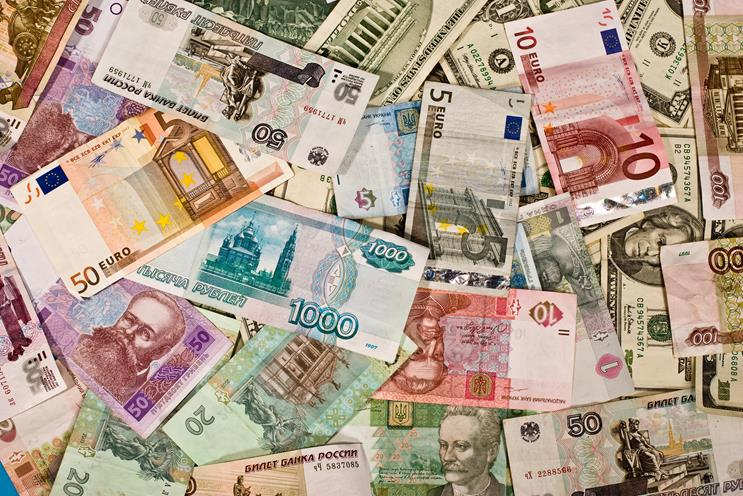Arbitrage is a term used to describe the purchase of a product which is then immediately sold to make a profit. Arbitrage is popular in the stock market or as a means to make the profit from goods being sold at differing prices in varying markets. A person who uses arbitrage is called an arbitrageur.

http://www.haraldhau.com
Here is an example of an arbitrage opportunity. Let’s say you are able to purchase a toy doll for $15 in Seattle, Washington, but in Atlanta, Georgia, the doll is selling for $25. If you are able to purchase the doll in Florida and sell it in the Seattle market, you get revenue from the difference without any risk because the higher price of the doll in Seattle is certain.
In the context of the stock market, traders often try to utilize arbitrage opportunities. For example, a trader may buy a stock on a foreign exchange where the price has not yet adjusted for the continuously fluctuating exchange rate. The price of the stock on the foreign exchange is, therefore, undervalued compared to the price on the local exchange, and the trader makes a profit from this difference.
For example arbitrage opportunity in stock trades, Company XYZ’s stock trades at $5.00 per share on the New York Stock Exchange (NYSE) and the equivalent of $5.05 on the London Stock Exchange (LSE), an arbitrageur would purchase the stock for $5 on the NYSE and sell it on the LSE for $5.05, pocketing the difference of $0.05 per share.
Differences in prices usually occur because of imperfect dissemination of information. If only all markets were perfectly efficient, there would never be any arbitrage opportunities. In reality, markets rarely remain perfect. It is vital to note that even when markets have a difference in pricing between two equal goods, there is not always an arbitrage prospect. Transaction costs can turn a possible arbitrage situation into one that has no advantage to the potential arbitrager. Consider the scenario with the toy dolls above. It would cost you a certain amount per doll to get the dolls from Florida to Seattle. If it costs $11 per doll, the arbitrage opportunity has been erased.
Only big institutional investors and hedge funds are able of taking advantage of arbitrage opportunities. The reason is they are able to trade large blocks of shares, they can pocket millions in arbitrage profits even if the spread between two security prices is small (and it usually is just pennies).
In contrary, individual investors on average don’t have the large sums of funds needed to take benefit of arbitrage opportunities. Not to mention, the trading fees would eat up any profits an individual arbitrageur hoped to secure. Institutional investors aren’t burdened by these similar limitations.
Of course, small investors and entrepreneurs take benefit of much smaller arbitrage opportunities every single day. For example, if you’ve ever purchased a bargain-priced item at a garage sale or flea market, and then sold that item for a higher price on eBay, then you’ve profited from a form of arbitrage.
The major creator of arbitrage opportunity used to be a lack of real-time communication about prices in other markets, but modern technology has reduced the number of arbitrage opportunities out there. The relatively few arbitrage opportunities that do exist are vague and often don’t last for long. When people realize that a security is cheaper in one market than another, their interest in exploiting the opportunity will drive up the price of the “cheap” security and drive down the price of the “expensive” security until there is no longer a price difference. In this manner, arbitrage does a good job of ensuring equilibrium in the markets.






